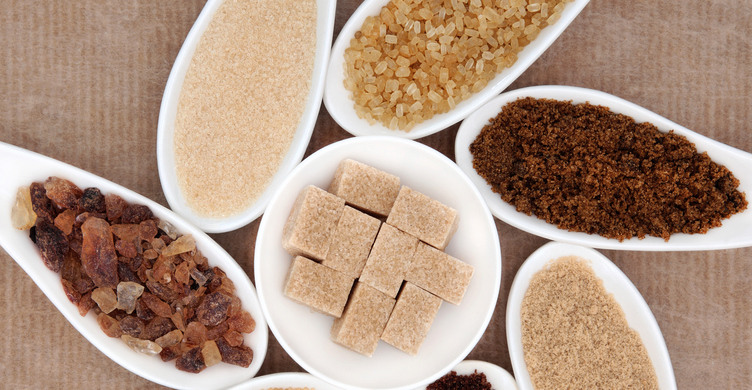With Thanksgiving nearly upon us and the busy holiday season in full swing, many of us will soon be getting on jam packed airplanes or hopping in cars to join family gatherings. All of this togetherness can bring with it the risk of being exposed to colds and flu which are starting their own holiday season. With a few simple tips you can improve your chances of staying healthy during your holiday travel. One of the first steps is to follow the adage "A good offense is a good defense." It is very important to keep your immune system functioning at its best so that it can help to keep you healthy. Some ways to do that are:
Sleep: Getting a good night's sleep is an important way to keep your immune system healthy. So, as much as possible, try to maintain a healthy 7-8 hours of sleep to keep your immune system in tip top shape.
Vitamin C: Vitamin C helps our bodies to keep a strong immune system, so don't forget your OJ!
Neti pot: Our noses are the entry point for many of the germs we are exposed to when we are in groups of people. One way to help flush out the bad bugs is to do a saline rinse using a neti pot. The saline manually rinses the sinus membranes to wash away germs and other particulates that we inhale. It also helps to hydrate the sinus membranes helping them to avoid drying out, especially for those who are flying or in arid climates. Saline can either be purchased or made easily at home using water and salt. Iodized salt has additional antibacterial properties over ordinary table salt or sea salt due to the added iodine. It can take a little getting used to, but once you have the hang of it, it can feel quite nice.
Stress? What stress?: Stress is something that seems to be synonymous with the holidays for most of us. It also can depress our immune system. So, when your relatives are really starting to get on your nerves, try to take a moment for yourself to regain some calm. Going for a walk, taking a few deep breaths, whatever you have time for will help you both enjoy the holiday more and stay healthy.
Press here: There are several acupuncture points which you can press on which help to stimulate the immune system. You can apply moderate pressureto the points below for a few minutes every day. If you find a sore spot in that area, give it some special attention as that is the body's way of showing you what spots need some extra care.
Kiiko Matsumoto's Immune point:
This point is located in the area and inch or two on either side of LI 10 (pictured here). It is great for boosting overall immunity. Massage this area, paying special attention to any sore point.
GV14:
This point is located on the center line of the spine just below the 7th cervical vertebra. It boosts the Wei qi (what the ancient Chinese used to describe concept for what we now understand to be immunity).
For some additional information useful to those getting on airplanes, read more here.
Don't forget that seasonal tune-ups with your acupuncturist can also help to boost your immunity by keeping the whole system balanced and functioning optimally. A happy and healthy holiday season to all!





